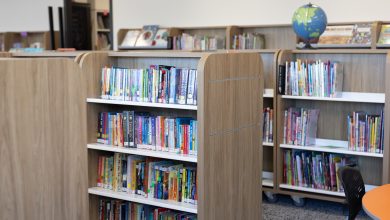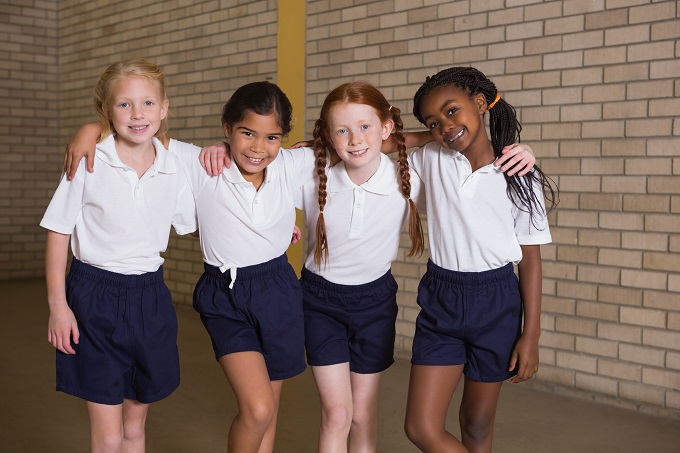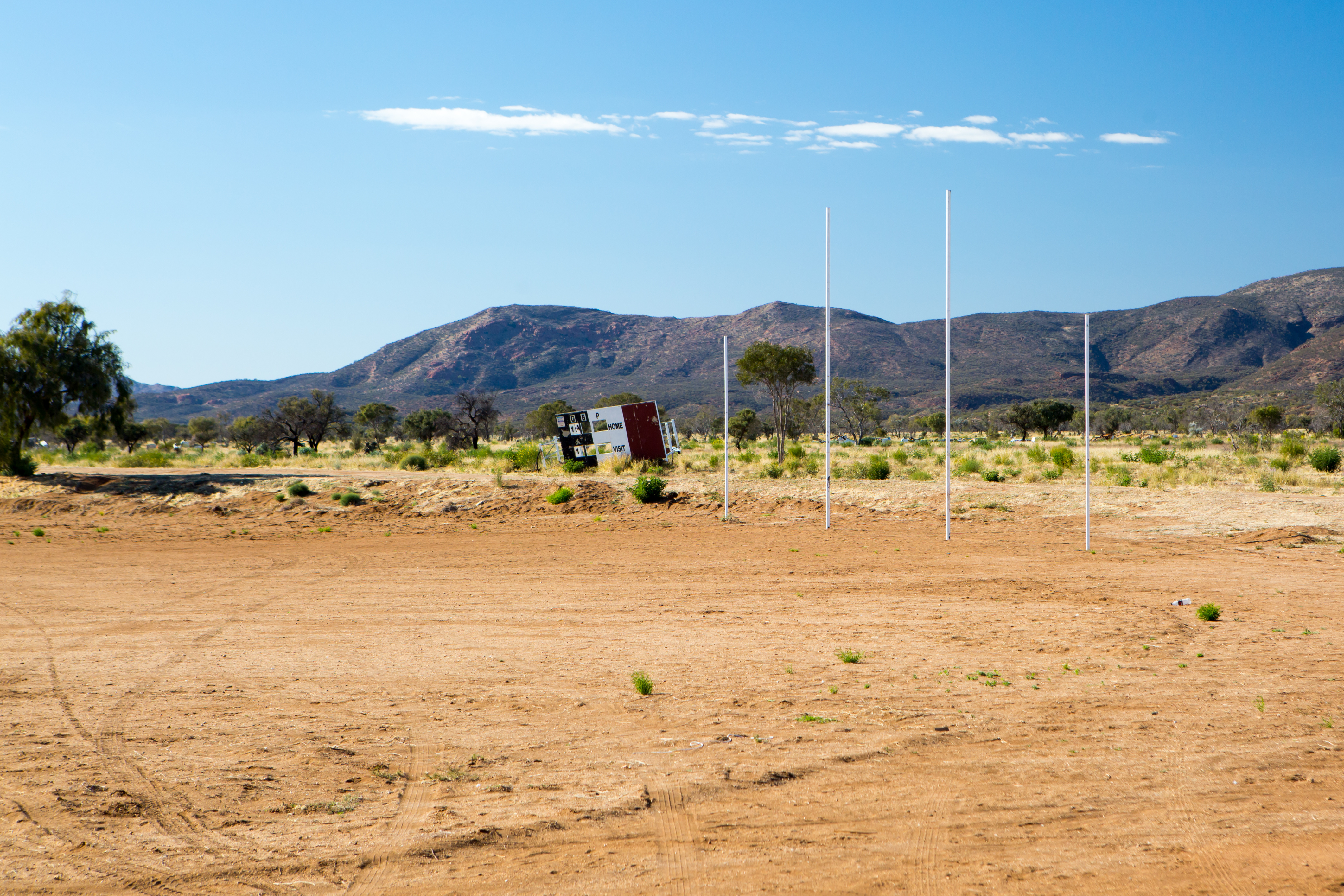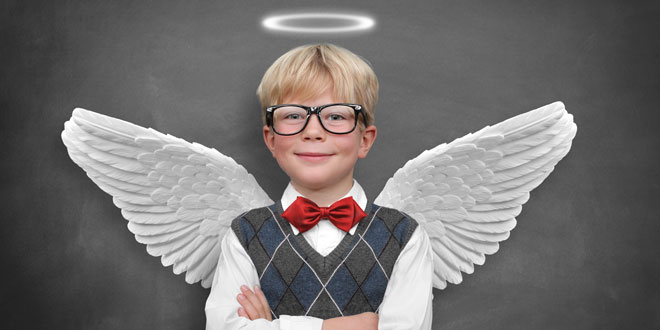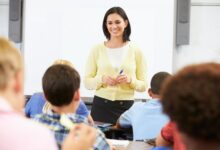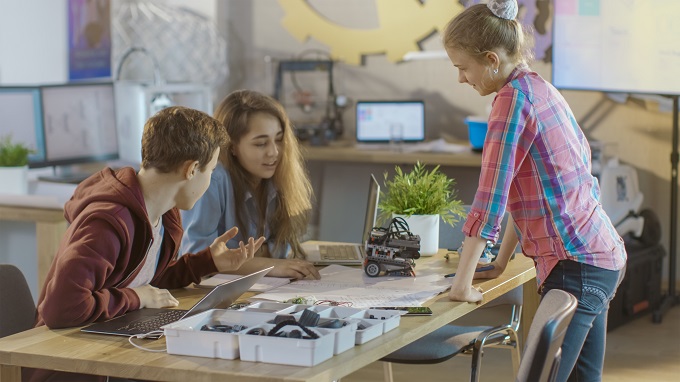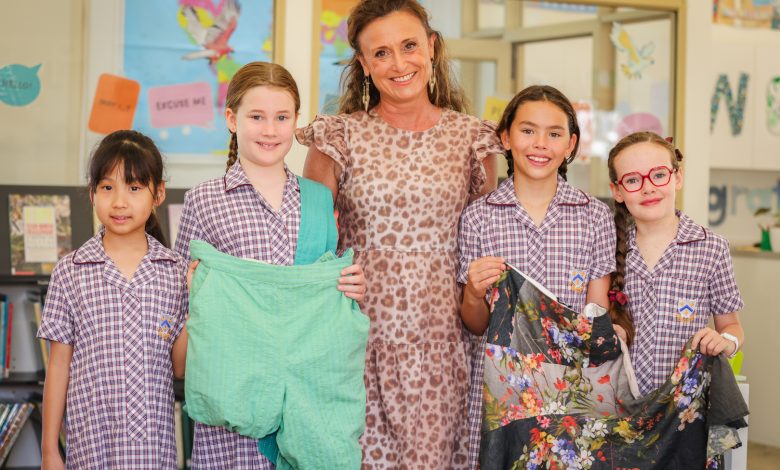
Imagine a library where instead of pages, there are memories and instead of chapters, there are lived experiences. Welcome to the Human Library, where instead of borrowing a book, you can borrow a person.
Read the latest print edition of School News HERE
Natasha Denham, Deputy Head of the Junior School (Curriculum) at St Mary’s Anglican Girls’ School in Perth explained the genesis of the Human Library. “If COVID taught us anything, it is that children love to feel connected to their learning in real-life ways, not just from a screen or the pages of a book,” Ms Denham said. “By being able to reach out to real people and hear their experience in real terms, it is not only so much more accessible for all students (including those with learning difficulties), but it is also much more engaging.”
The Human Library at St Mary’s is a database full of people from within the local community. Stocked with former students, parents, grandparents and friends of the school, the library is a way of bridging the gap between classroom learning and real-world application. The books include a midwife, a crisis-management expert, lawyers and doctors, a florist, a sustainability-in-fashion expert, an Olympic gold-medal cyclist, an author and even a fighter pilot.
“Once on the database,” explained Ms Denham, “if our students are completing a project on their area of expertise, they can be contacted by our students for information, much like a student ‘borrowing a book’ from the library to garner information, they ‘borrow a person’.”
A school of inquiry
St Mary’s Junior School takes an inquiry-based approach to learning, following Kath Murdoch’s pedagogical guidelines from ‘The Power of Inquiry’. This involves creating a learning environment which cultivates curiosity and nurtures children’s innate sense of wonder, providing scaffolding to enable students to question, collaborate and research in a real-world context.
“A number of our staff undertook a teaching course through the Association of Independent Schools, WA called ‘Purposeful Pedagogies’, which included our students contacting local experts on a number of issues,” said Ms Denham. “Seeing this in action, and the benefits this had for our students’ communication skills, their confidence when speaking to adults, and the benefits to the work they produced, we decided that this would be something great to embed into our Junior School.
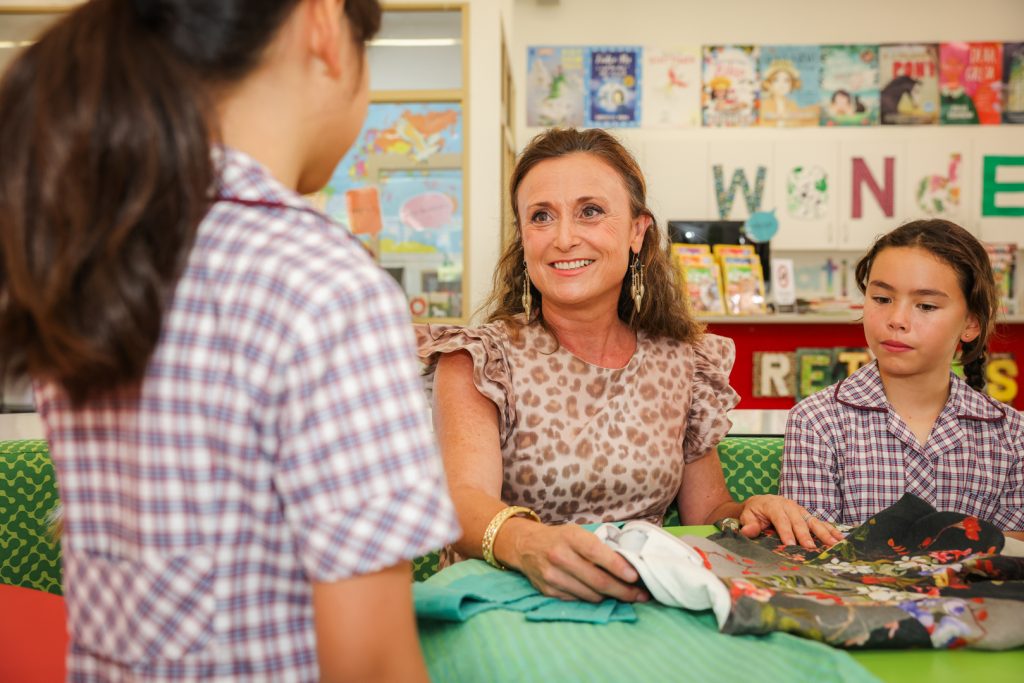
“Kath Murdoch also makes mention of Human Libraries, and a few of our staff were passionate about including our ‘human resources’ in research projects that the girls undertake.
“In an ever-more digital world, connection is so important. Your company is often just as valuable to our students as your knowledge.”
Human Libraries are a relatively new phenomenon worldwide, with one of the earliest being established in Denmark in 2000, with a four-day event and more than fifty ‘books’. At a higher level, the libraries are a way of promoting inclusion and diversity and challenging prejudice. At the primary school level, the focus is more on real-world learning and connection.
The opportunity to speak with someone provides students with a level of engagement and accessibility that cannot be matched by books or even the internet.
“I also hope that the people who are ‘stocking our shelves’ get something out of it too,” adds Ms Denham. “As a teacher it’s easy to feel the benefits of sharing your knowledge with young people, so I hope that the humans in our library get that same feeling of making a difference in education.”
Building a Human Library
In establishing their Human Library, the St Mary’s community rallied around the initiative, putting a call-out to current and former students, and promoting the library through old girls’ networks and newsletters.
“We are looking for as wide a range of people as possible,” said Ms Denham. “Our projects are often to do with sustainability, science, humanities, writing and so much more. The wider our range of ‘books’ (people), the richer the experience for our students.
“We ask that people who are interested in being a part of the Library leave their details, as well as their areas of expertise – this could be an area they have completed education in, an area of personal interest, an area they’ve held a career in.”
For other schools looking to stock their own shelves, Ms Denham offered the following advice: “Be patient as the volunteers trickle in at the start, and make it clear that they don’t have to be an ‘expert’! Many people are far too modest about their level of expertise; it’s not only about their knowledge in a certain area, but also about a willingness to share time with students and pass on whatever it is they know about a certain area, skill or pastime.”
“Also, consider how to get your information out to the wider school community, such as grandparents. With many retired grandparents with a whole career or many years experience in a field, hobby or interest behind them, there is much to be shared and learned!”


